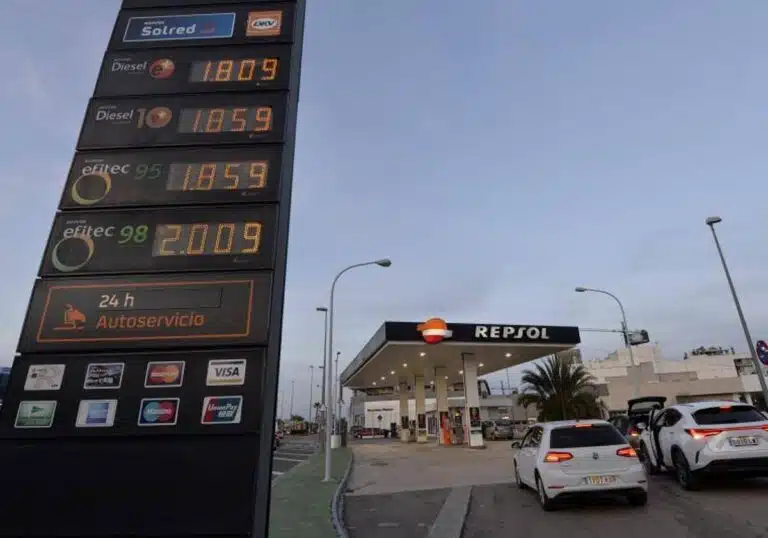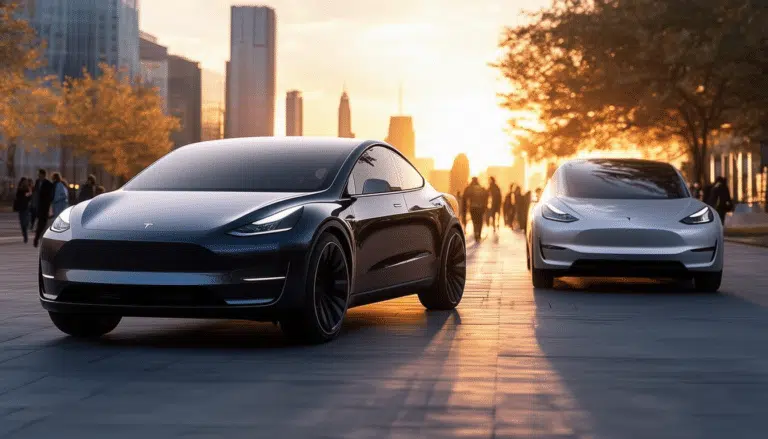The relationship between engine type and fuel consumption
The relationship between engine type and fuel consumption is a crucial topic in the automotive field, as different engines offer varying levels of efficiency and performance. Internal combustion engines, for example, tend to consume more fuel as their displacement increases, while electric motors exhibit lower energy demand. Furthermore, factors such as driving habits, the type of road, and the vehicle load also play a significant role in consumption. Understanding this relationship allows consumers to make informed decisions and choose the vehicle that best fits their needs and lifestyle.
The engine type of a vehicle plays a crucial role in determining its fuel consumption. From internal combustion engines to electric motors, each technology presents unique characteristics that directly affect efficiency. Understanding how these characteristics relate to energy consumption is vital for making informed choices when selecting a vehicle.
Internal Combustion Engines
Internal combustion engines are the most common today and are divided into several categories based on their design and operation. The displacement of the engine is a determining factor in its fuel consumption. Generally, engines with higher displacement tend to consume more fuel due to their ability to generate more power. However, the relationship between displacement and fuel economy is not so straightforward, as other elements also influence it.
Factors that Influence Consumption
In addition to displacement, fuel consumption is influenced by multiple factors such as driving habits, road types, vehicle load, and tire pressure. For example, driving on roads full of traffic lights can result in higher consumption compared to highway driving. Properly maintaining tire pressure can also improve fuel efficiency.
Electric Motors and Their Impact on Consumption
Electric motors emerge as a promising alternative in terms of energy efficiency. These motors are recognized for their low energy consumption and reduced fuel costs. Often, electric vehicles can offer a performance of between 15 and 20 km/l, which is considerably higher than many internal combustion engines.
Efficiency of Electric Motors
The efficiency of electric motors means they require less energy expenditure to generate the same or greater power compared to traditional engines. This is because electric motors convert stored energy in the batteries into movement more effectively, minimizing energy losses.
Analysis of Power and Consumption
Analyzing the relationship between power and fuel consumption is essential for consumers. A powerful engine that consumes a lot of fuel might seem less attractive than a lighter, more efficient engine. Innovations in engine technology, including the implementation of hybrid systems or turbo engines, are designed to maximize power while reducing fuel consumption.
Comparison between Large and Small Engines
The choice between a large engine and a small one can be complicated. While large engines tend to offer more power, the fuel consumption can be significantly higher. On the other hand, small engines are ideal for urban driving, with consumption that can range between 5 and 10 km/l, depending on driving conditions and engine design.
New Technologies and Trends
The automotive industry is constantly evolving, and new technologies are changing the landscape of fuel consumption. Vehicles equipped with modern diesel engines or hybrid engines are designed to offer a balance between power and efficiency. For example, the adoption of diesel engines in passenger vehicles has proven to reduce fuel consumption compared to their gasoline counterparts.
The use of techniques such as downsizing is also on the rise, where manufacturers employ smaller engines that are boosted by turbo technologies, thus improving efficiency without sacrificing performance. This represents an innovative alternative aimed at reducing emissions and using energy resources more rationally.
Conclusion on Choosing the Right Engine
Choosing the right engine involves considering multiple factors, from the type of engine to the driver’s behavior and vehicle design. The relationship between engine type and fuel consumption is complex, but understanding the characteristics of each system can help consumers make more informed decisions. The trend towards using more sustainable and innovative technologies continues to grow, marking a shift towards a more efficient future in energy consumption.
For more information about engines and their performance, you can check out some relevant articles here: Volkswagen Tiguan, Cadillac in Formula 1, DS SM Tribute, VW VR6 Engine, Diesel Engine Myths.
Relationship between Engine Type and Fuel Consumption
The engine type chosen has a direct and significant impact on the fuel consumption of a vehicle. Each type of engine, whether internal combustion, hybrid, or electric, has particular characteristics that affect its energy efficiency. For example, traditional internal combustion engines tend to consume more fuel compared to electric motors, which do not rely on fossil fuels and therefore offer a more eco-friendly and economical solution.
Likewise, the displacement of the engine plays an essential role in this relationship. Generally, engines with higher displacement tend to consume more fuel, as they require more energy to operate effectively. This implies that smaller engines are more suited for urban environments, where the power demand is not as high, and can achieve superior fuel efficiency, saving costs for drivers.
Another aspect to consider is the driving habits of each individual. Aggressive driving or sudden accelerations can increase fuel consumption, regardless of the engine type. Additional factors such as the vehicle’s weight, aerodynamics, and regular maintenance also influence engine performance and efficiency. Keeping the engine in optimal condition can result in significant fuel savings.
Finally, when evaluating fuel consumption, it is crucial to consider the type of use the vehicle will receive and the characteristics of the engine. Understanding the connection between these elements allows consumers to make more informed decisions that benefit not only their finances but also their environmental impact.



